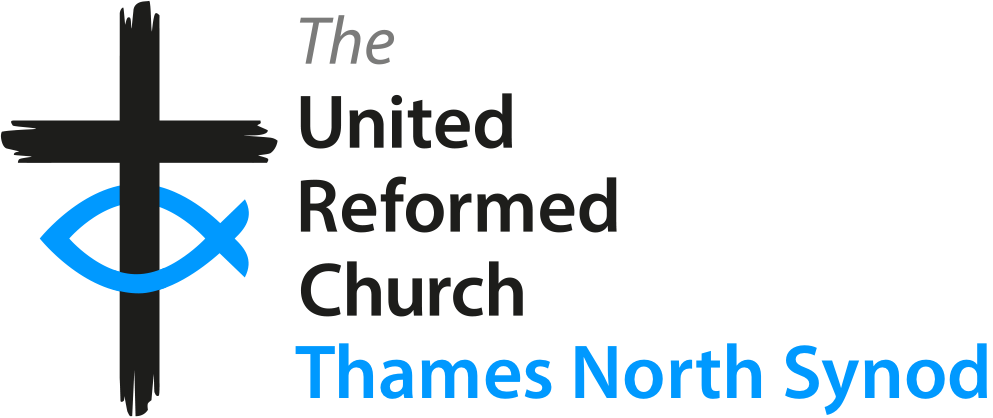Safeguarding
-
How we protect and support children, young people, and vulnerable adults across our churches.
-
Reporting a Safeguarding Concern
If you’re worried about someone’s safety, find out how to report your concerns clearly and confidentially.
-
Safeguarding Training & Events
Stay up to date with training opportunities to help you and your church create a safer environment.
-
Learn to recognise the signs of specific safeguarding issues, including different types of abuse, exploitation, and vulnerability.
-
Understanding the signs of domestic abuse and how to respond.
-
Information on how to recognise and report grooming and exploitation.
-
Guidance on identifying and dealing with issues of financial abuse.
-
Advice to follow in the event of honour-based abuse or forced marriage.
-
Managing Risks & Safeguarding Agreements
The formal process for managing individuals who may pose a risk to others within the church community.
-
Coping with the experience of losing someone important to us.
-
Financial Hardship & Homelessness
Understanding vulnerability and finding sources of help.
-
IICSA (Independent Inquiry into Child Sexual Abuse)
The findings from the Independent Inquiry into Child Sexual Abuse.
-
-
Safeguarding Policies & Guidance
Essential policies and best practice guidance for keeping people safe in our churches.
-
The official Safeguarding Policy for Children and Adults for the Thames North Synod.
-
Guidance on the safeguarding responsibilities and duties of Elders as charity trustees.
-
Safer Recruitment and Volunteers
The principles and procedures for ensuring only suitable people work with children and adults at risk.
-
Best practices for safe online communication and ministry.
-
Activities in Private Dwellings
Guidance on assessing and managing the unique risks of holding church activities in private homes.
-
-
Safeguarding Resources & Forms
Download essential safeguarding forms, templates and printable materials for use in your church.
-
Get in touch with our Safeguarding Officers for confidential advice, support, or reporting.
-
Exploitation and Grooming
Information on how to recognise and report grooming and exploitation.
Grooming is when someone builds a relationship, trust and emotional connection with a child, young person or someone who is vulnerable, with the intention of manipulating, exploiting and abusing them. It can take place over short (days or weeks) or long (months or years) periods of time.
Groomers may also build a relationship with the victim’s family or friends to make them seem trustworthy or authoritative. This could include members of the victim’s family, and people within the church. By developing a reputation of respectability, helpfulness or popularity, an abuser makes it more difficult for a child to disclose abuse, or for adults who trust the individual to accept that there could be a cause for concern.
You can help by:
- Knowing the signs of exploitation, being vigilant, and taking any disclosures or concerns seriously.
- Referring concerns to safeguarding coordinators, Synod Safeguarding Officers, social services or the Police.
- Using resources like the NSPCC or UK Safer Internet Centre to support parents, families and individuals to learn how to stay safe online.
Please also refer to the URC's Good Practice 6 guideline for more information, available on our Safeguarding Resources & Forms page.
